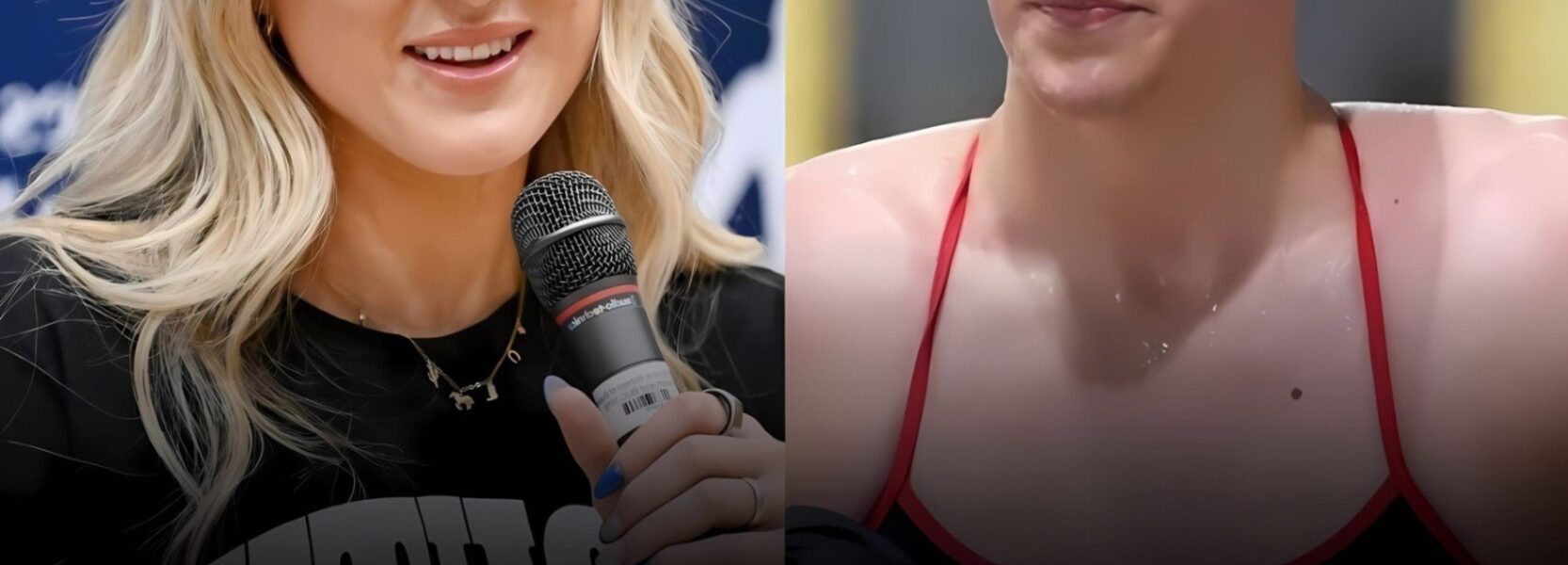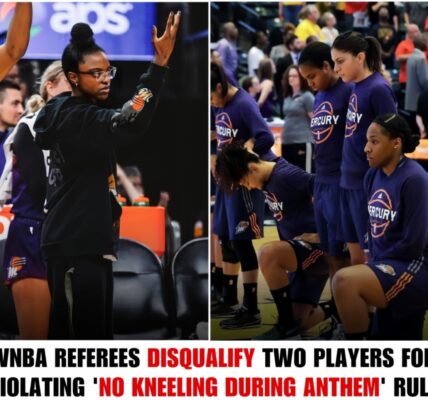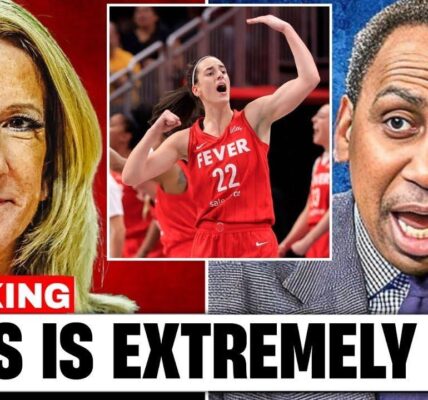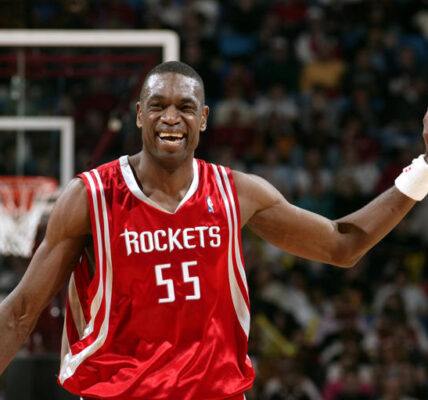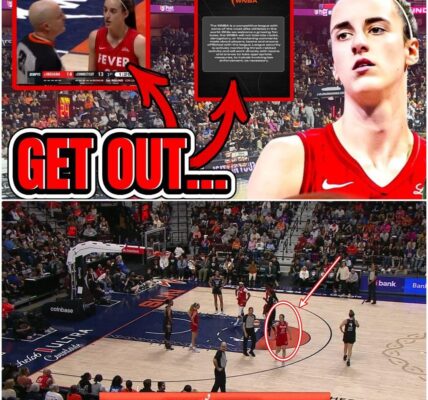Lia Thomas Challenges Riley Gaines’ Olympic Qualification After Being Rejected, “I’m A Woman Too”

The ongoing debate surrounding transgender athletes in competitive sports has seen its share of controversies, and the latest one involves Lia Thomas, a transgender swimmer, challenging Riley Gaines’ Olympic qualification. Thomas, who has been at the center of much public discussion regarding transgender inclusion in women’s sports, made a bold statement: “I’m a woman too.” This claim comes after Thomas faced rejections and setbacks in her own Olympic aspirations, while Gaines, a biological female, has qualified for the prestigious event.
The Background
Lia Thomas, who began her transition from male to female in 2019, has been competing in women’s swimming events, sparking debates over fairness in women’s sports. Many argue that her participation creates an uneven playing field due to physical advantages retained from her male biology, while others champion her right to compete based on her gender identity.
Riley Gaines, a cisgender swimmer, has also been vocal on this issue. She has expressed concerns over fairness and has become a prominent advocate for maintaining biological distinctions in women’s sports categories. Gaines’ success in securing an Olympic spot has added fuel to the ongoing controversy.
Lia Thomas’ Challenge

After being rejected from competing in the upcoming Olympics, Lia Thomas voiced her frustration. She claims that she should have the same opportunities as any other woman competing in the games. In an emotional statement, she said, “I’m a woman too. My identity should not disqualify me from achieving my dreams.”
Her statement challenges the traditional definitions of gender in sports and highlights the broader conversation about inclusivity versus fairness. Thomas believes that by excluding her from competition, the governing bodies are invalidating her gender identity and perpetuating discrimination against transgender athletes.
Riley Gaines’ Response
While Gaines has not directly responded to Thomas’ latest challenge, her stance on the issue has been clear. She has consistently advocated for maintaining biological women’s categories in sports, citing the physical differences that could provide transgender women with an unfair advantage. In previous interviews, she has emphasized the importance of fairness in competition and has received widespread support from those who share her viewpoint.
The Broader Debate: Inclusion vs. Fairness
The conflict between Lia Thomas and Riley Gaines underscores the larger debate within sports communities about where the line should be drawn between inclusivity and fairness. Many advocates for transgender rights argue that athletes like Lia Thomas deserve to be treated equally and should not be discriminated against based on their gender identity. For them, participation in sports is about more than just physical attributes; it’s about recognizing and respecting each individual’s self-identification.
On the other hand, those like Gaines and her supporters argue that women’s sports were created to ensure fair competition for biological females, who, on average, have different physical capabilities than males. Allowing transgender women to compete, they argue, undermines the very purpose of separate women’s categories and could ultimately harm women’s sports by discouraging biological females from participating.
Legal and Olympic Implications
The legal landscape around transgender participation in sports is evolving. Many sports organizations, including the International Olympic Committee (IOC), have been revising their guidelines to address this issue. The IOC has implemented rules that require transgender women to meet specific criteria related to testosterone levels and the duration of their transition. However, these regulations vary by sport and are often subject to public and legal challenges.
Lia Thomas’ case adds further complexity to this situation. If she proceeds with her challenge, it could lead to legal battles that would set precedents for future Olympic events and other major competitions. The question of whether gender identity or biological sex should determine eligibility for women’s sports categories will likely be at the heart of the debate.
The Future of Women’s Sports
As the sports world grapples with these issues, the future of women’s sports hangs in the balance. There are no easy answers, and both sides of the debate bring valid concerns to the table. Inclusivity and fairness are both essential values, but reconciling them in the context of competitive sports presents a unique challenge.
Lia Thomas’ challenge to Riley Gaines’ Olympic qualification is not just about two athletes competing for a spot in the games; it’s about the broader implications for how sports are governed and who gets to participate. As this story unfolds, it will continue to shape the conversation about gender, identity, and fairness in the world of athletics.
Conclusion
Lia Thomas’ assertion that “I’m a woman too” reflects the ongoing struggle for recognition and equality among transgender athletes. Her challenge to Riley Gaines’ Olympic qualification highlights the deep divisions over how sports should accommodate gender identity while maintaining fairness. As this issue continues to develop, it will have lasting consequences for both athletes and the broader sports community.
